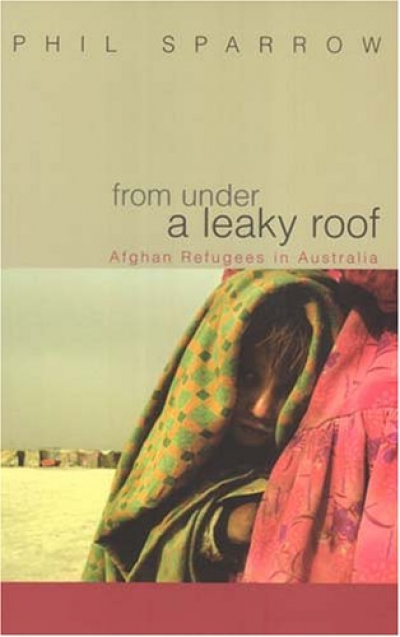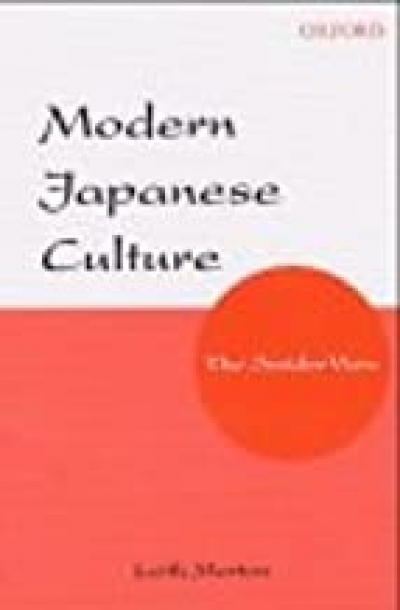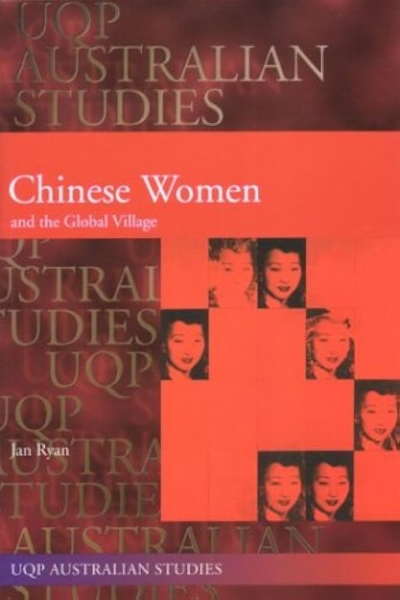Cultural Studies
Church Alive!: Pilgrimages in faith 1956–2006 by Greg Dening
by Michael McGirr •
Australia and the Middle East: A front-line relationship edited by Fethi Mansouri
by Jonathan Pearlman •
From Under a Leaky Roof: Afghan refugees in Australia by Phil Sparrow
by Jo Case •
The Multicultural Experiment: Immigrants, refugees and national identity edited by Leonie Kramer
by John Lack •
Modern Japanese Culture: The insider view by Leith Morton
by William H. Coaldrake •










